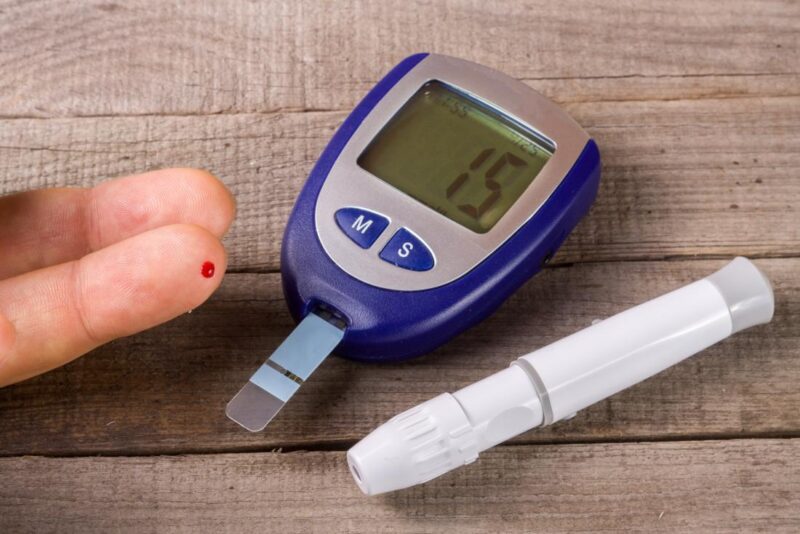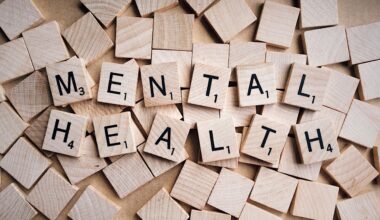About hypoglycemia
Hypoglycemia (hypo) is a phenomenon where you have a low blood sugar level or a widely fluctuating blood sugar level. It mainly occurs as a result of diabetes mellitus. Patients often speak of a ‘hiccup’. The opposite of hypoglycemia is hyperglycemia (hyperglycemia), in which you have too much sugar in your blood.
If hypoglycemia is very severe, it can even kill you.
- Wrong diet
- The pregnancy
- Hormonal disorders
- Insulin-producing tumors
- Extremely overweight
- Presence of toxic substances
After gastrointestinal operations where spills may occur, for example during bypass construction.
High birth weight newborns may develop temporary hypoglycemia after birth because they have not yet properly regulated their diet.
Symptoms of hypoglycemia
Hypoglycemia is accompanied by a long list of symptoms. To get too low a blood sugar level, your blood sugar level must, of course, drop. This goes pretty fast, but there are three stages to distinguish: beginning, middle, and end. Each stage has its own symptoms and complaints. In the early stages, when your blood sugar levels begin to drop, you may experience the following:
- sweating
- nervousness
- shaking
- Extreme hunger and nausea
- Dizziness and headache
- Disturbed vision
- A racing heartbeat
If your blood sugar drops even lower (middle stage), you may also experience the following physical and psychological symptoms in addition to the above symptoms:
- Problems with your concentration.
- Confusion and irritability.
- Difficulty speaking.
- Trouble staying still and walking.
- muscle spasms.
If your blood sugar level drops too low (end stage), it can cause:
- seizures.
- Loss of consciousness and coma.
- stroke
If hypoglycemia is very severe, it can even kill you.
Blood sugar level
All the sugars we eat are converted to glucose, or sugar, in the blood. The level of sugar in the blood rises with food and falls with physical or mental exertion. There are two hormones involved in blood sugar balance, namely insulin and glucagon.
Insulin ensures that excess sugars after eating are stored in the liver and muscles. Glucagon helps release sugar back after exercise and puts it back into the bloodstream. Together they must ensure that your blood sugar level remains approximately constant, ie between 4.0 and 8.0 mmol/l.
In diabetes, your pancreas doesn’t make enough insulin or your body doesn’t respond enough to insulin, causing your blood sugar to be too high. In hypoglycemia, your pancreas or a tumor makes too much insulin, causing your blood sugar to fluctuate too much or too low. In diabetics using insulin, there is relatively too much active insulin at the time, either due to dosing errors or, for example, eating too little or expending too much energy (exercising).
Hypoglycemia in people without insulin-dependent diabetes mellitus is not accepted by all physicians as a condition. For example, if no other condition is demonstrated and/or no measured blood sugar value is too low.
Cause of hypoglycemia
There can be several causes of hypoglycemia. For example, hypoglycemia can be caused by:
Too much insulin or too little food intake, in an insulin-dependent diabetic.
Too little food, as in anorexia nervosa.
drug use. Haloperidol, salicylates, quinine, among others.
- Wrong diet
- The pregnancy
- Hormonal disorders
- Insulin-producing tumors
- Extremely overweight
- Presence of toxic substances
After gastrointestinal operations where spills may occur, for example during bypass construction.
High birth weight newborns may develop temporary hypoglycemia after birth because they have not yet properly regulated their diet.
Symptoms of hypoglycemia
Hypoglycemia is accompanied by a long list of symptoms. To get too low a blood sugar level, your blood sugar level must, of course, drop. This goes pretty fast, but there are three stages to distinguish: beginning, middle, and end. Each stage has its own symptoms and complaints. In the early stages, when your blood sugar levels begin to drop, you may experience the following:
- sweating
- nervousness
- shaking
- Extreme hunger and nausea
- Dizziness and headache
- Disturbed vision
- A racing heartbeat
If your blood sugar drops even lower (middle stage), you may also experience the following physical and psychological symptoms in addition to the above symptoms:
- Problems with your concentration.
- Confusion and irritability.
- Difficulty speaking.
- Trouble staying still and walking.
- muscle spasms.
If your blood sugar level drops too low (end stage), it can cause:
- seizures.
- Loss of consciousness and coma.
- stroke
If hypoglycemia is very severe, it can even kill you.







1 comment
Awesome content